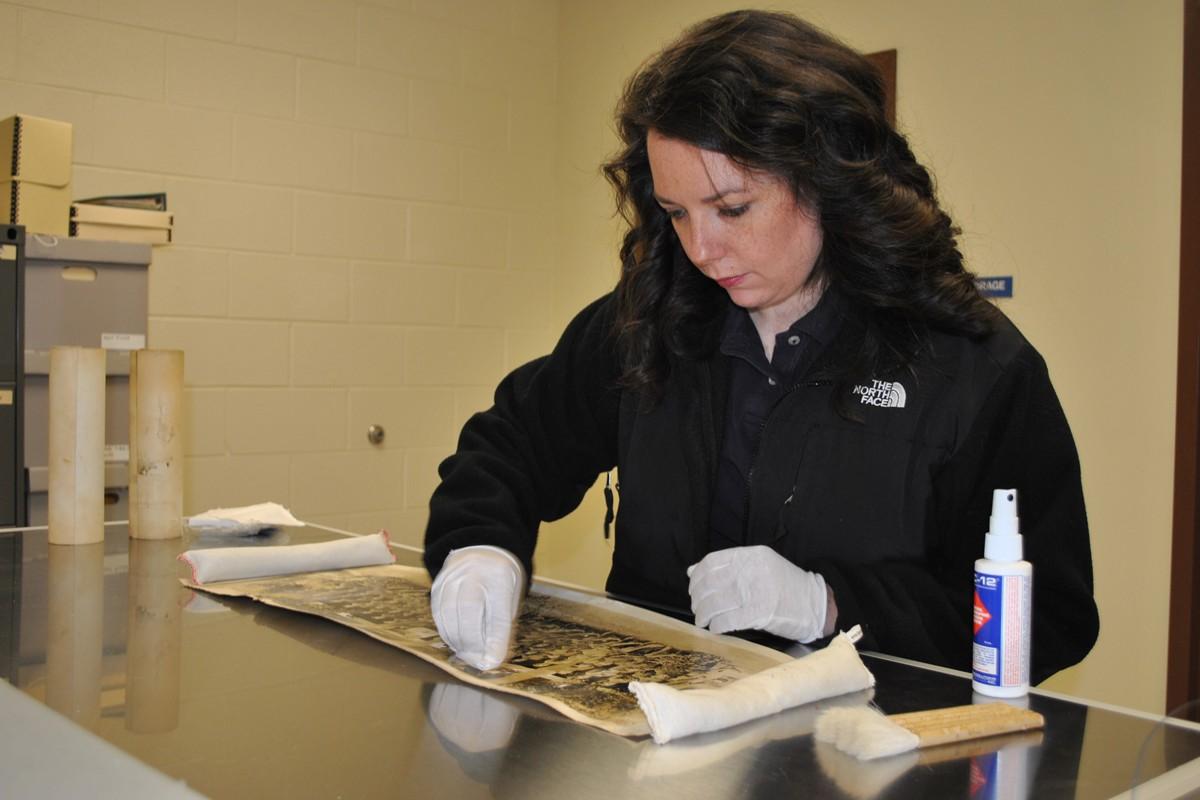Archivists
Overview

Introduction
Archivists contribute to the study of the arts and sciences by analyzing, acquiring, and preserving historical documents, artwork, organizational and personal records, and information systems that are significant enough to be preserved for future generations. Archivists keep track of artifacts such as letters, contracts, films, photographs, video and sound recordings, digital files, blueprints, and other items of potential historical significance. Approximately 6,370 archivists are employed in the United States.
Quick Facts
Median Salary
Employment Prospects
Minimum Education Level
Experience
Skills
Personality Traits
Earnings
Salaries for archivists vary considerably by institution and may depend on education and experience. People employed by the federal government or by prestigious museums generally earn more than those working for small organizations. The U.S. Department of Labor reports that the median annual salary for all archivists was $52,240 in May 2018. The lowest paid 10 percent earned $30,440 or less, wh...
Work Environment
Because dirt, sunlight, and moisture can damage materials and documents, archivists generally work in clean, climate-controlled surroundings with artificial lighting rather than windows. Many archives are small offices, often employing the archivist alone, or with one or two part-time volunteers. Other archives are part of a larger department within an organization. The archives for DePaul Univ...
Outlook
Job opportunities for archivists are expected to increase at a rate that is faster than the average for all occupations through 2028, according to the U.S. Department of Labor. As public and private organizations are faced with the job of organizing and storing ever-increasing amounts of information in a broad range of formats, both print and digital, archivists will be in demand. But since qua...
